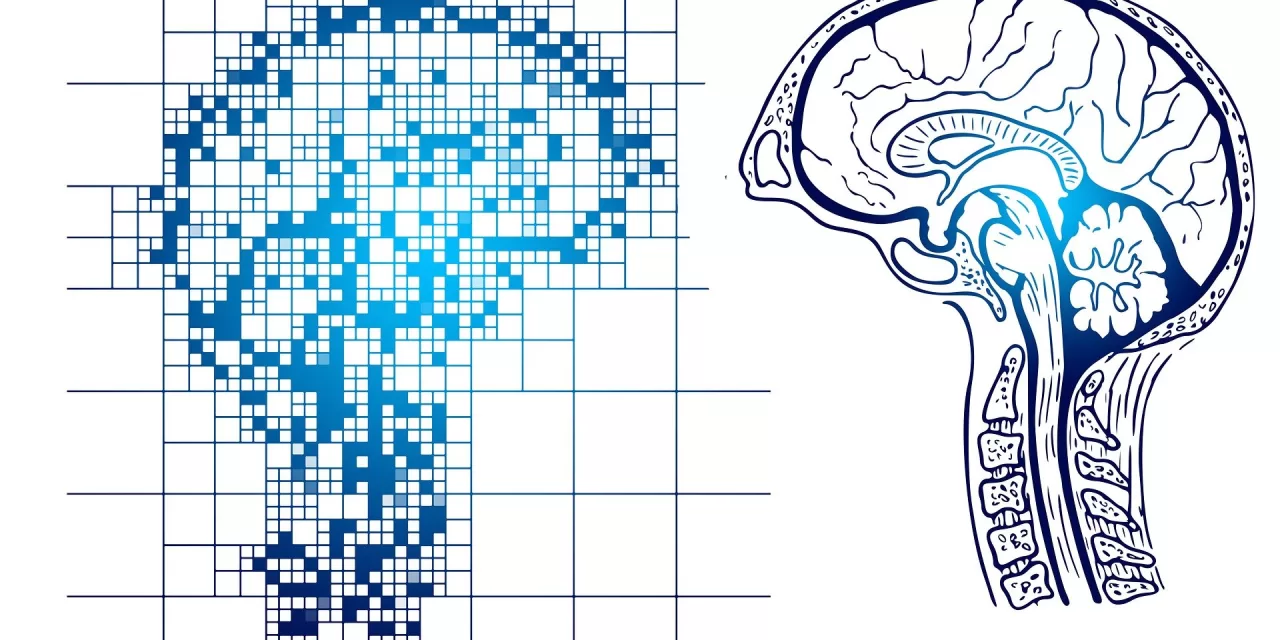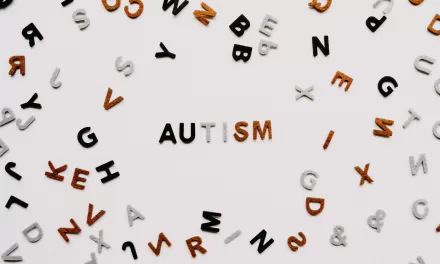Study reveals the importance of retrieval practice and variable learning
How can we learn most effectively? Scientists have been grappling with this question for years, and a new study published in the Proceedings of the National Academy of Sciences sheds some light on the issue. The study suggests that simply re-reading material is not the most effective way to learn. Instead, retrieving information from memory at regular intervals and doing so in different ways is key to long-term learning.
The importance of retrieval practice
The study, conducted by researchers from SWPS University in Warsaw and Adam Mickiewicz University in Poznań, found that retrieval practice, which involves actively trying to recall information from memory, is more effective than simply re-reading it. This is because retrieval practice helps to strengthen the neural connections between different pieces of information, making it easier to remember them later.
Variable learning is key
The study also found that variable learning, which involves learning information from different perspectives and in different contexts, is even more effective than simple retrieval practice. For example, if you are trying to learn a new foreign word, you might try learning it in the context of different sentences. This will help you to create multiple pathways to the information in your memory, making it easier to retrieve it later.
The benefits of variable learning
The study found that participants who used variable learning performed better on tests of memory than those who used simple retrieval practice. The benefits of variable learning were observed both immediately after the study phase and after 24 hours. Interestingly, the participants in the study reported that they found it easier to learn using simple retrieval practice. This suggests that our intuition about what is effective learning may not always be accurate.
The takeaway
The findings of this study suggest that if we want to learn more effectively, we should make an effort to retrieve information from memory at regular intervals and to do so in different ways. This may require more effort than simply re-reading material, but it will ultimately lead to better long-term learning.
Additional details
The study is limited to specific experimental conditions, and further research is needed to see if the findings can be replicated on a larger scale. However, the results of the study are promising and suggest that variable learning may be a valuable tool for students and educators alike.












